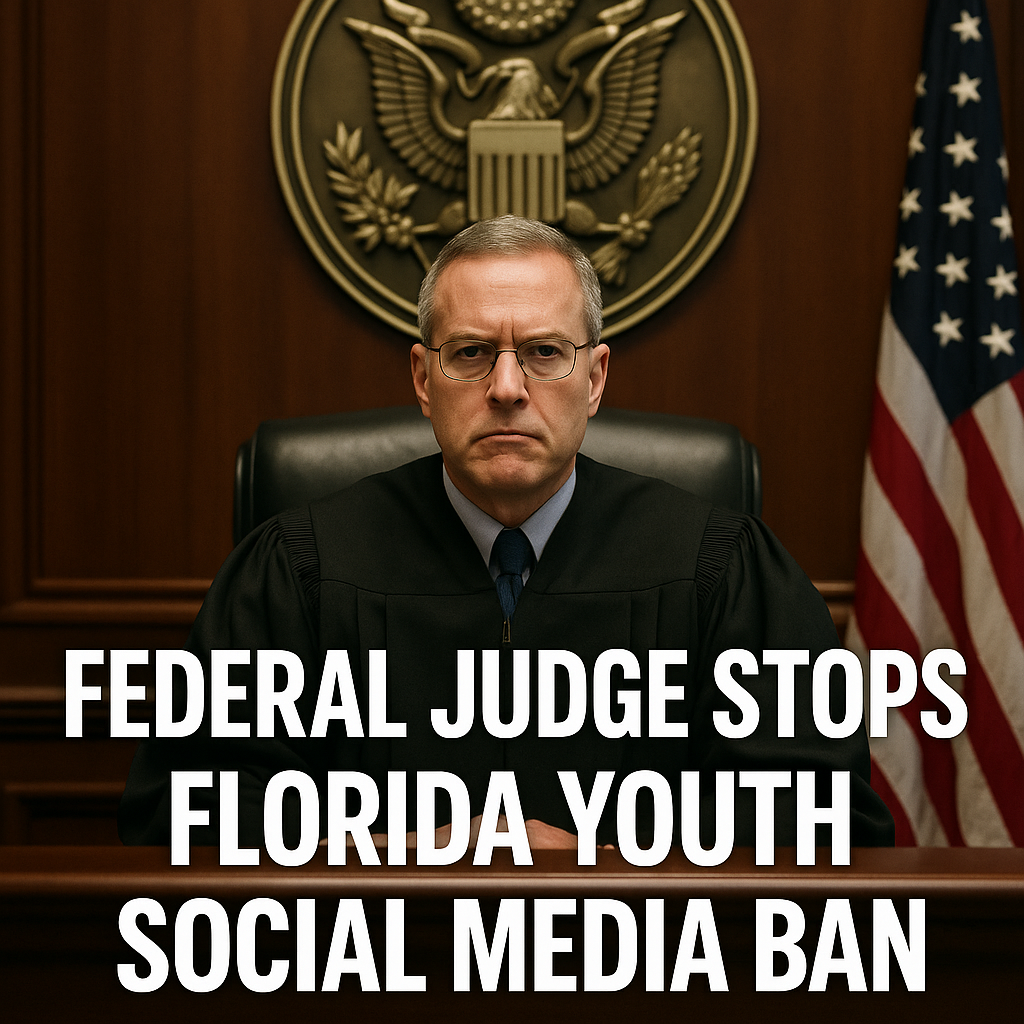Milwaukee Judge to Stand Trial After Allegedly Helping Illegal Immigrant Evade ICE Agents
In a case that’s raising eyebrows across the country, a federal magistrate judge has ruled that criminal charges against Milwaukee County Circuit Judge Hannah Dugan, 65, may proceed, rejecting her claims of judicial immunity.
Late Monday — in a non-binding decision — U.S. Magistrate Judge Nancy Joseph issued a 37-page report and recommendation, reaching the conclusion that there is no shield from prosecution in this case.
The controversy centers around Dugan’s alleged actions in April 2025, when she has been charged in a two-count federal indictment alleging that she knowingly concealed a person sought for arrest by immigration authorities and for obstruction of official Department of Homeland Security removal proceedings.
Judge Dugan’s legal team attempted to shield her from prosecution by invoking judicial and official-act immunity, a protection typically afforded to judges performing lawful duties. But in a sharp rebuke, U.S. Magistrate Judge Nancy Joseph ruled that such protections do not extend to criminal conduct. The decision allows federal charges—obstruction of justice and concealing a person from arrest—to move forward toward a potential trial.
According to court documents, the incident involved Eduardo Flores-Ruiz, a Mexican national with a criminal history and two prior deportations. Flores-Ruiz had appeared in Dugan’s courtroom on unrelated charges when ICE agents arrived with plans to detain and deport him. Instead, the judge allegedly directed her staff to help him leave the courthouse through a private jury door, allowing him to evade federal authorities.
Prosecutors argue that Dugan’s actions were not judicial in nature but a deliberate act to obstruct law enforcement. If convicted, Dugan could face up to six years in prison and over $350,000 in fines. The case mirrors a similar one from 2018, when Massachusetts Judge Shelley Joseph faced comparable charges for allegedly helping a deportable immigrant evade ICE. That case was eventually resolved without a trial, but not without sparking fierce national debate over judicial limits and immigration enforcement.
Dugan’s defense maintains that her actions were taken in good faith and fell within her judicial discretion. Her attorneys argue that any prosecution amounts to federal overreach and a violation of the separation of powers. However, Magistrate Joseph disagreed, writing that “judges are not above the law” and that immunity cannot be used as a “cloak for unlawful conduct.”
In a conservative Christian context, the implications of this case are profound. Romans 13:1–2 teaches believers to respect and submit to governing authorities, as their power is ordained by God. Actions that subvert legal process not only undermine the Constitution but also violate biblical commands for order, justice, and integrity.
More than 150 judges and several liberal advocacy groups have come to Dugan’s defense, claiming the charges represent a dangerous precedent for prosecuting judges. They argue that the case threatens judicial independence and chills judges from acting with compassion. But critics on the right say this is less about compassion and more about defiance of immigration law.
Following her indictment, the Wisconsin Supreme Court suspended Judge Dugan from her duties, transferring her caseload to other jurists pending the outcome of the criminal proceedings. The suspension is viewed as a necessary step to maintain public trust in the impartiality of the judicial system.
Federal prosecutors are preparing for trial while also appealing portions of Dugan’s motion to dismiss. The magistrate’s ruling is not final but paves the way for a jury to hear the evidence. In the meantime, the national conversation continues over whether judges should be able to bypass immigration enforcement under the guise of judicial discretion.
This case represents more than just a legal skirmish—it highlights a moral and constitutional divide. Should personal beliefs trump the enforcement of federal law? Should a judge’s robe protect actions that appear to undermine legal authority? For many conservatives and Christians, the answer is clear: the law is not a matter of preference, and public officials must be held to the highest standard.
The trial of Hannah Dugan, if it proceeds, may set a landmark precedent—not only for immigration enforcement but also for the role and responsibility of judges in America’s courts. As the nation watches closely, one thing is certain: this isn’t just a courtroom drama—it’s a defining moment for justice, authority, and accountability in a divided nation.
Keywords: judicial immunity, ICE enforcement, obstruction of justice, immigration law, conservative values, Christian worldview, accountability, rule of law, constitutional authority, Wisconsin judiciary





